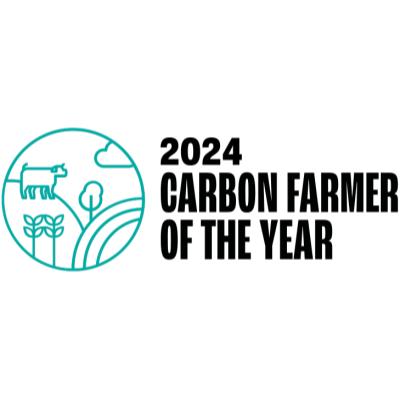
Farm Carbon Toolkit announces shortlisted farms for the 2024 Carbon Farmer of the Year competition
Four farmers from across the UK – including three dairy farms – have been shortlisted for this year’s Carbon Farmer of the Year competition in recognition of their efforts to reduce their business’s climate impact.
The 2024 Carbon Farmer of the Year Shortlist:
- Andrew Brewer from Ennis Barton, Fraddon, Cornwall (Arla supplier)
- Jason Mitchell, Gary Logue and Adam Moore from Greenville Dairies Ltd, Newton Stewart, Northern Ireland (Lakeland supplier)
- Tom Burge from Oaremead Farm, Lynton, Devon
- Wesley Semple from Derryduff Farm, Dungiven, Northern Ireland (Lakeland supplier)
Now in its second year, the annual Carbon Farmer of the Year competition is organised by the Farm Carbon Toolkit and generously sponsored by HSBC Agriculture UK.
The competition aims to find farmers and growers who are engaged with, and passionate about reducing their business’s climate impact through changing management practice to reduce greenhouse gas emissions from their businesses.
As part of the competition, the top three farmers will host free farm walks that bring farmers together to share good practice and innovations that result in reduced emissions, as well as improving carbon removal into soils, trees, hedges and non-crop biomass. The competition is becoming widely recognised by organisations working to reduce the emissions from UK agriculture, with many promoting it to their networks to increase participation.
Rob Purdew, Farm Carbon and Soil Advisor with Farm Carbon Toolkit, says
“We’ve been blown away by the quality of the entries for this year’s Carbon Farmer of the Year competition The sheer variety of entries for this year’s competition highlights the fact that, despite differences in farming systems and locations, many farmers are finding truly innovative ways to reduce their business greenhouse gas emissions.
It is particularly positive to see three dairy farmers in this year’s shortlist, given that dairy farming is often in the media spotlight in terms of its environmental impact. We are working with numerous dairy farmers and dairy industry projects that are already showcasing that this doesn’t need to be the case, and that farmers can make simple management changes to significantly improve their carbon and environmental footprints. We’re grateful to everyone who took the time and effort to enter.
Steve Dunkley, HSBC Agriculture, says
HSBC UK Agriculture is pleased to support the 2024 Carbon Farmer of the Year competition and the quality of entries has been superb and hugely inspiring. As a business, we’re very keen to support the industry in transitioning towards net zero. While that will take many forms, we have the ambition to help farmers fund investment in the new practices and technologies needed to evolve. The Carbon Farmer of the Year competition is a great way of showcasing how farmers are already achieving these changes and encouraging others to follow their lead.
The judging process now involves visiting each of the four finalists to learn more about their farming practices before selecting the winners.
The winners of the 2024 Carbon Farmer of the Year competition will be announced at the Farm Carbon Toolkit Annual Field Day on the 26th September 2024, this year kindly hosted by 2023 Soil Farmer of the Year winner Billy Lewis at Boycefield Farm, Dilwyn, Herefordshire. A day for farmers, by farmers, the FCT Annual Field Day is about sharing practical experiences for improving performance and resilience in a challenging environment with this year’s event focusing on the value of mixed farming.
Open farm walks at the top three farms will be scheduled to take place in November and December 2024.
For further details about the 2024 Carbon Farmer of the Year competition, contact Rob Purdew, Carbon and Soil Advisor with the Farm Carbon Toolkit, at [email protected]
For more information, visit www.farmcarbontoolkit.org.uk/carbon-farmer-of-the-year/
Notes to Editors
Farm Carbon Toolkit is an independent, farmer-led Community Interest Company, supporting farmers to measure, understand and act on their greenhouse gas emissions, while improving their business resilience for the future.
The Farm Carbon Calculator uses the IPCC 2019 and UK GHG Inventory methodologies and is aligned with the GHG protocol agricultural guidance. Recent development has allowed us to provide greater interoperability with other data platforms through our Report Export API and Carbon Calculation Engine API. This represents a step-change in the industry’s ability to provide trustworthy carbon footprints with transparent methodologies on platforms where farmers already collect data, thus reducing the data inputting onus on farmers. This new functionality has been warmly welcomed by supply chain businesses who are now using our Calculation Engine to support their customers without need for further data entry.
The Farm Carbon Calculator is used across the UK and on four continents with global usage growing at around 20% per year.
For over a decade, Farm Carbon Toolkit has delivered a range of practical projects, tools and services that have inspired real action on the ground. Organisations they work with include the Duchy of Cornwall, First Milk, Tesco, Yeo Valley and WWF. The Farm Carbon Calculator is a leading on-farm carbon audit tool, used by over 8,000 farmers in the UK and beyond. To find out more visit www.farmcarbontoolkit.org.uk

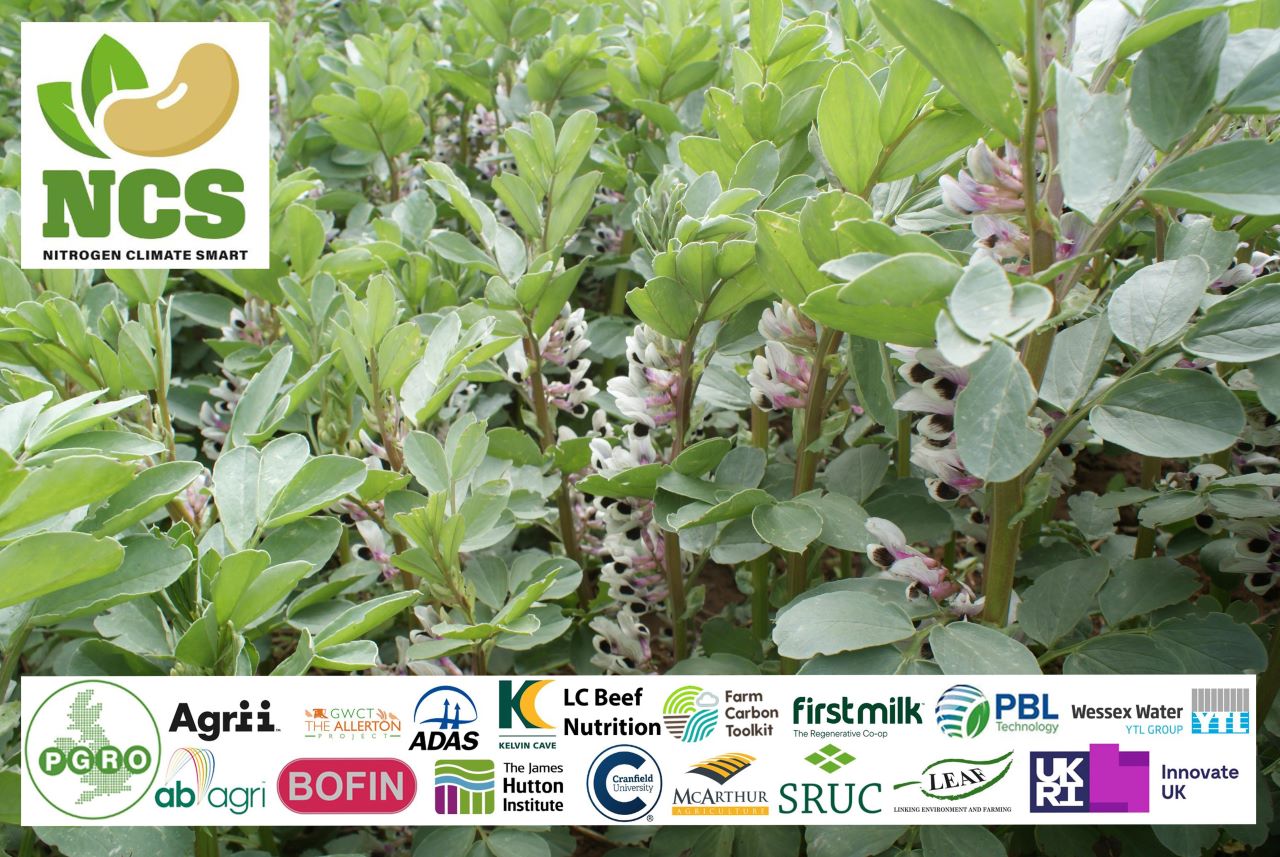
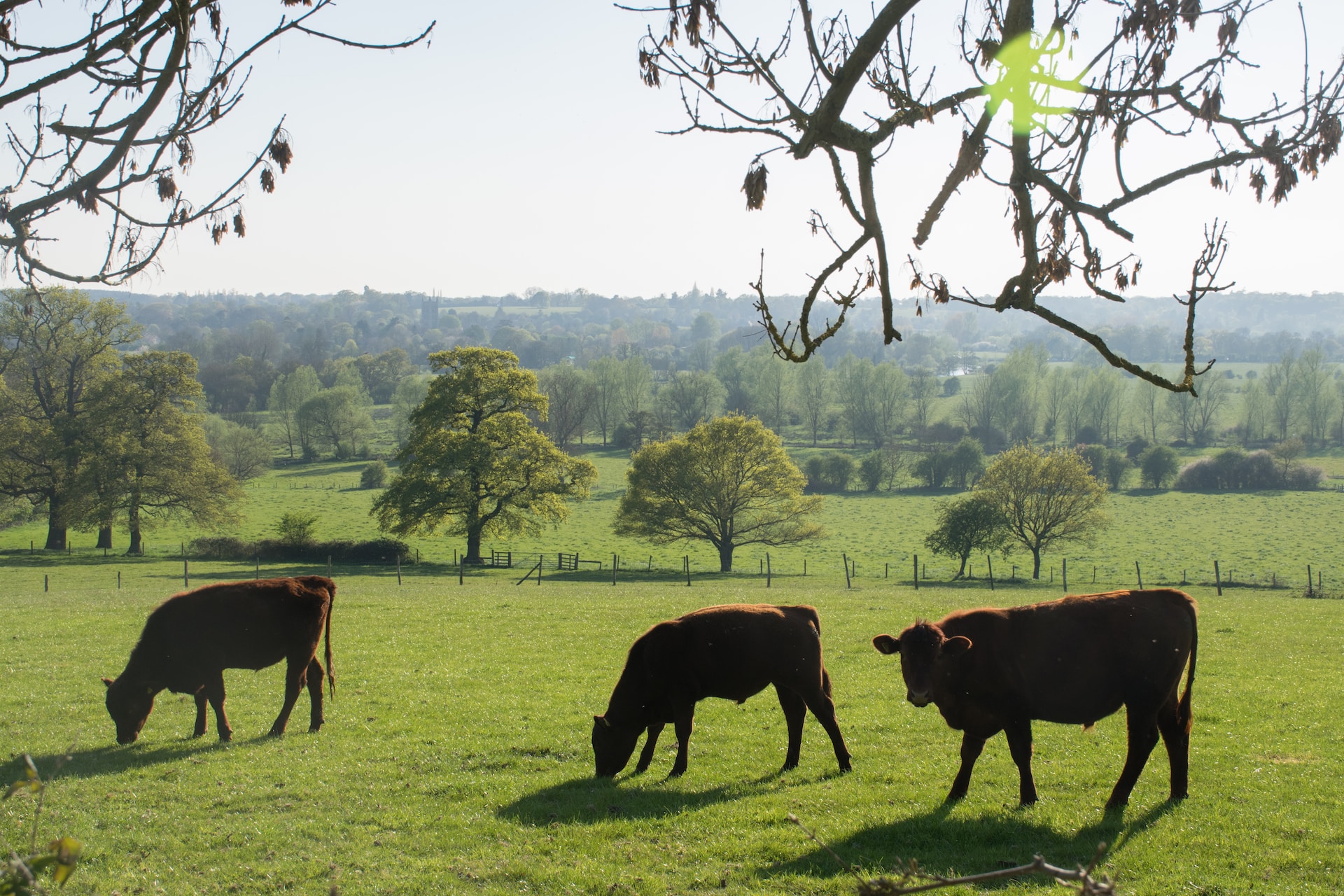

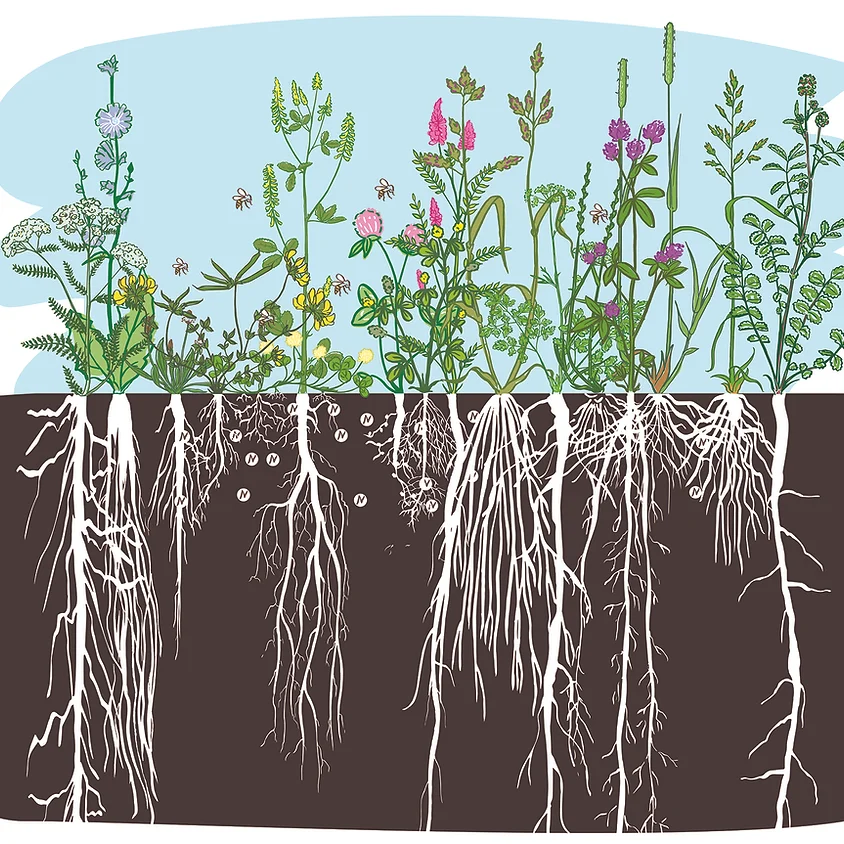
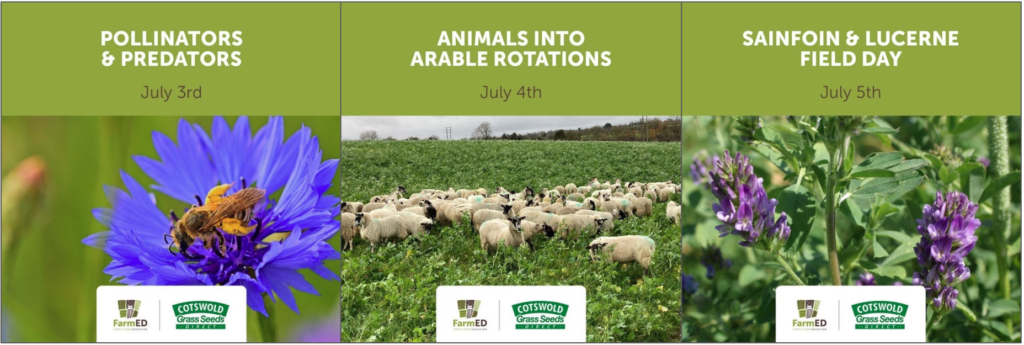

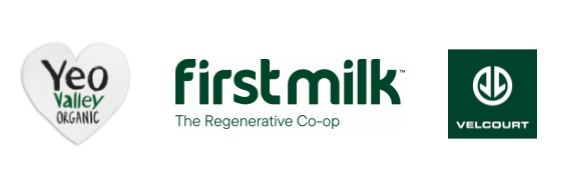

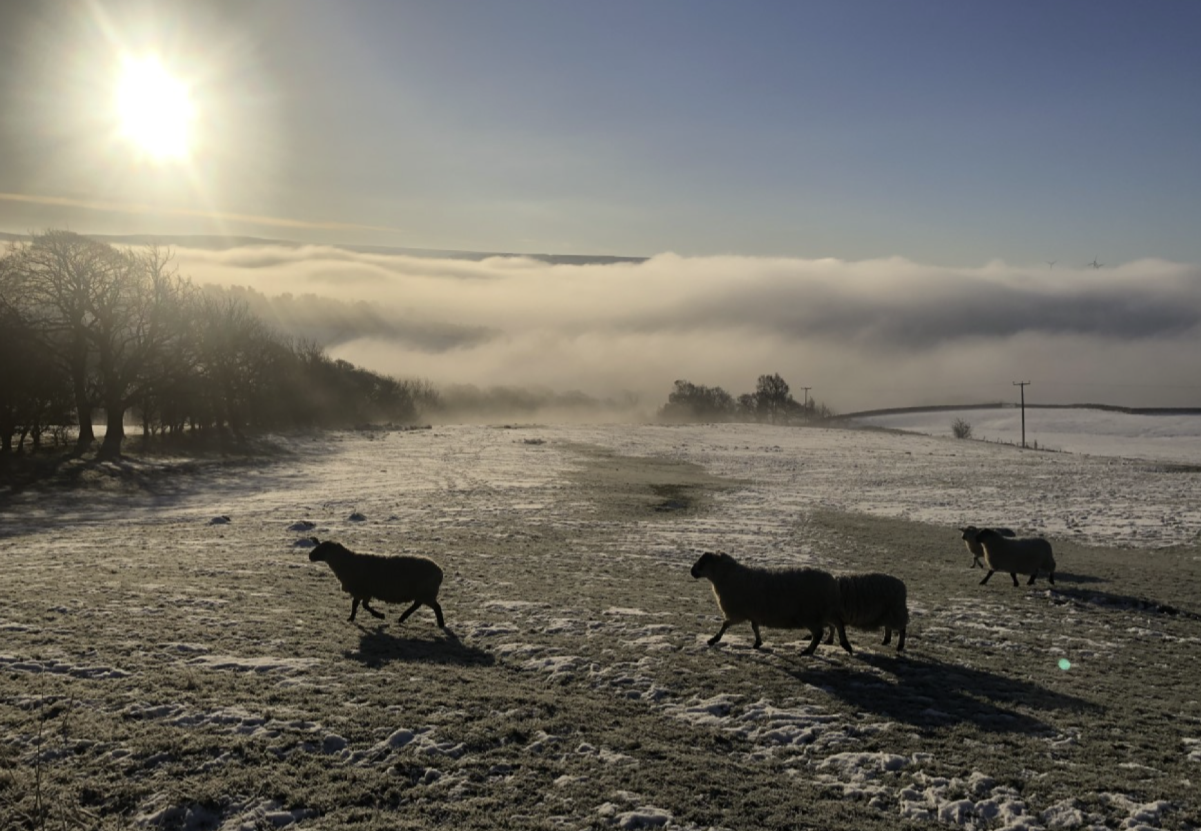

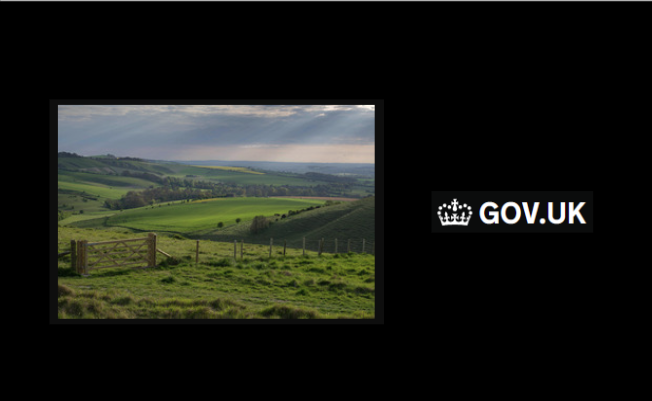
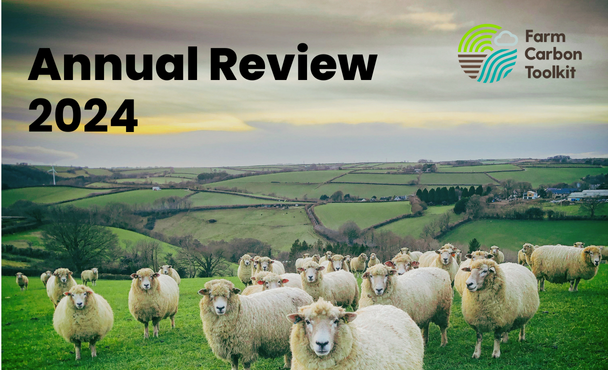
Recent Comments